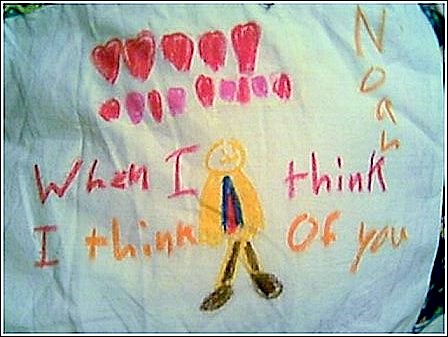The brutal irony of science is that, in discovering how to measure matter, it discovered that nothing does.
Where once science argued the Big Bang theory, now we have the Multiple Universe debate, which posits that we are more granular than we ever thought. That our macrocosm, the cosmos we once saw as infinite, is actually just a contact lens in a sea of countless infinities. It’s enough to leave you scrambling for a blankie, pacifier and bottle of Jack to forget our insignificance.
But we can’t help but add humanity to our search for worlds without it. For what is atheism, if not faith? We side with science because it has a better track record; you know what? Turns out the world isn’t flat. The sun doesn’t revolve around our planet. Human sacrifice won’t bring rain. Our bad.
Religion, on the other hand, prefers to retrofit theories to explain an ever-empirical world. Hell yes dinosaurs roamed our neighborhood only a few millennia ago; God just has his own daylight savings plan and time zone; He’ll explain when you get there.
But when we hear Stephen Hawking explain so convincingly the workings of the cosmos — that time had an official beginning like an Olympic starter pistol, that everything sprang from nothing, that there really are bottomless pits (we just call them black holes) — we must take it with the same faith as a Pentecostal must accept god. How is the Big Bang on a scale any less miraculous than the loaves and fishes? Science is great at explaining the laws of nature. But whence the lawmaker? Give this to faith: It can be a lot less depressing than quantum physics.
Perhaps the answer lies not in Hawking’s mind, but his body, which continues to fade like a collapsing star. The macro from the micro, as when a split atom alters so many molecules. Hawking embodies our own conflict with existence. He should have been dead 50 years ago, but still fights the darkness that consumes his life. He has elevated us without movement, illuminated galaxies from a wheelchair and serenaded our choir with a gospel chanted through a Speak n’ Spell.
Maybe he has inadvertently stumbled on the singularity that unites both sides of the pew.
That life, no matter how you define it, finds a way.




